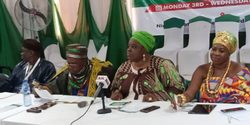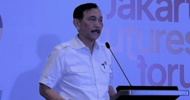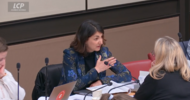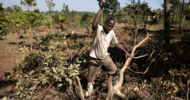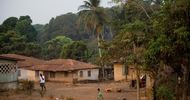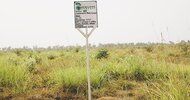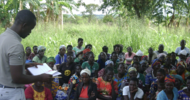Nigerian Tribune | 4 July 2023
by Collins Nnabuife
Prioritise women, youth in land tenure reforms, regional CSOs urge Nigeria, ECOWAS
by Collins Nnabuife
Regional Civil Society Organizations (CSOs) have recommended to the Economic Community of West African States (ECOWAS) to promote alternative land tenure reforms in Nigeria and other member states.
The CSOs said the reforms will include positive discrimination in favour of women, youths, and migrants.
The CSOs further stated that the reforms will also include the compulsory conflict conciliation procedure and the recognition of customary and legitimate land rights in their diversity and the development of new tools for securing land transactions.
The Global Convergence for Land, Water, and Seed Struggles West Africa (CGLTE-OA) made the recommendations in collaboration with the Coalition for the Protection of African Genetic Heritage (COPAGEN) and Peasants Organizations and Producers of West Africa (ROPPA).
The recommendations, which were submitted to ECOWAS in Abuja by representatives from its 16 member states, aim to ensure responsible, inclusive, and equitable land governance in West Africa, securing the rights of communities, including women and youths.
The Convener of the CSOs, Ambassador Zainab Mohammed, said the recommendations were inspired by the conclusions of the African forum on the role and responsibilities of women and youths in land tenure held in 2019 in Mali and the results of the National and sub-regional workshops held in 2020 in Abidjan.
She said the recommendations to ECOWAS include, “to commit States to promote Alternative Land Tenure Reforms (ALR) that take into account the limitation of the state’s private domain to land registered in its name and the extraction of land under customary rights from the state’s private domain, the recognition of customary and legitimate land rights in their diversity and the development of new tools for securing customary possessions and land transactions.”
She recommended “the decentralization of land management and the creation of local land institutions, the compulsory conflict conciliation, positive discrimination in favour of women, youth, and migrants.
“Re-launch the process of developing regional land guidelines recognizing equitable and progressive customary land rights in line with the African Union Framework and Guidelines on Land Policies in Africa, the Guidelines for Responsible Governance of Tenure of Land, Fisheries and Forest, adopted by the UN Committee on World Food Security based on the Common good and not on the commodification of land.
“Establish an inclusive and functional regional and land tenure observatory including regional civil society organizations such as the CGTLE, COPAGEN, and ROPPA, linked to national observatories with the same objectives.
“To put in place support mechanisms for West African agriculture (in the form of production subsidies and consumption subsidies) to take care of investments, the control and equitable sharing of water in a sustainable manner, the promotion of farmers’ seeds as well as other major constraints.”
To the member states, the CSOs asked them to “Commit to decisively supporting inclusive and participatory land reforms that provide security for communities, based on customs and traditions, whether they are being developed, completed, or implemented and monitored, taking into account the opinions of communities, without discrimination against groups under pressure, including pastoralists, fishermen, women, and young people.
“The states were also urged to set up an inclusive and functional land tenure observatory in each country, in particular with civil society involved in this advocacy as well as representatives of local communities, including women and young people, whose objectives will be to be a space for alerts, proposals, and monitoring, particularly regarding land tenure developments, to ensure that land remains a common good of the nation for the benefit of communities and the regulation of land tenure conflicts.”
The CSOs further asked states to recognize local conventions for the management of natural resources as well as all legitimate social agreements adopted by community members, including farmers, herders, and fishermen, for better collective and shared use of agro-sylva-pastoral and fisheries land, particularly for women and young people.
“Grant at least 15 per cent of land developed by public or semi-public institutions, as in Mali, to groups of women and young farmers who are motivated and interested in agriculture.
“To set up or support a multi-actor (local, national) information, awareness-raising, and training system, including consultation frameworks for the better appropriation of land policies and laws, as well as their application texts.
“Create a legislative and regulatory framework for proper management of land and water in ECOWAS countries by defining the role and responsibility of state actors and traditional leaderships,” the CSOs tasked the states.


